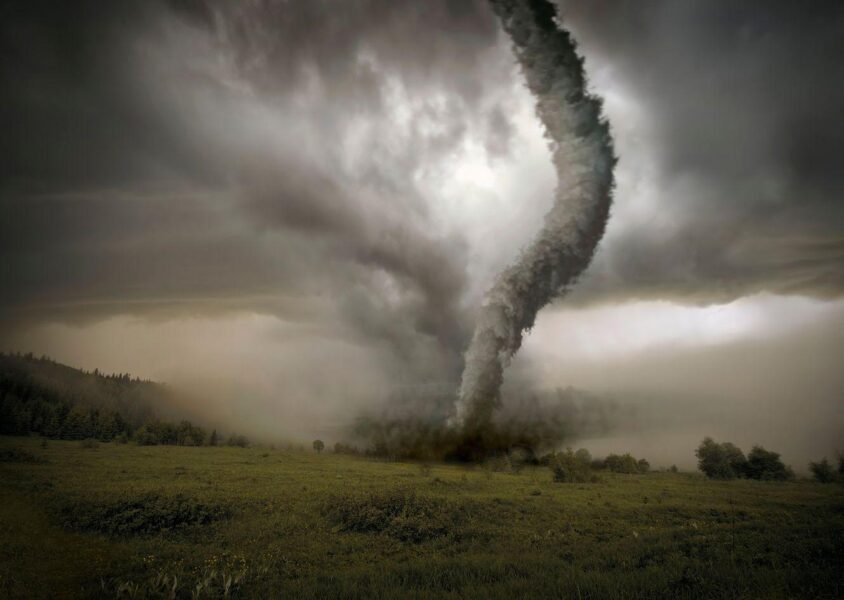How Can We Manage Climate Change

As individuals, we all have a role to play in addressing climate change and global warming. While governments and large organizations have the power to enact policies and make significant changes, small actions by individuals can also make a difference. Some ways that common people can help address climate change include:
Reduce energy consumption: One of the biggest contributors to greenhouse gas emissions is the use of energy, particularly from fossil fuels. Reducing your energy consumption can help to reduce your carbon footprint and contribute to the transition to a more sustainable energy system. Simple actions like using energy-efficient appliances, turning off lights and electronics when not in use, and driving less can make a difference.
Use renewable energy: If possible, consider switching to renewable energy sources, such as solar or wind power, to help reduce your carbon footprint.
Conserve water: Water scarcity is a growing concern, and conserving water can help to reduce greenhouse gas emissions and protect natural resources. Simple actions like fixing leaks, taking shorter showers, and using drought-resistant plants in landscaping can help.
Reduce waste: Reducing waste and recycling can help to reduce greenhouse gas emissions, as the production of new products requires energy and resources. Simple actions like using reusable bags, containers, and water bottles, and recycling when possible, can make a difference.
Support organizations and policies that address climate change: There are many organizations working hard in almost every country. In order to make the voices of these organizations heard, they need our support.
Politics plays a critical role in addressing climate change and global warming. Governments around the world have the power to enact policies and legislation that can reduce greenhouse gas emissions and promote sustainable practices.
Some examples of how politics can help address climate change include:
Setting and enforcing emissions targets: Governments can set targets for reducing greenhouse gas emissions, and can put in place policies and regulations to ensure that these targets are met. This can include requiring businesses to reduce their emissions, providing incentives for the use of renewable energy sources, and setting fuel efficiency standards for vehicles.
Investing in clean energy: Governments can invest in clean energy technologies, such as solar and wind power, to help transition away from fossil fuels and reduce greenhouse gas emissions.
Promoting sustainable practices: Governments can adopt policies and legislation that encourage sustainable practices, such as conserving energy and water, protecting natural habitats, and reducing waste.
Providing financial support: Governments can provide financial support, such as grants and subsidies, to help individuals, businesses, and communities transition to sustainable practices and technologies.
Politics has an important role to play in addressing climate change and global warming. By enacting policies and legislation that reduce greenhouse gas emissions and promote sustainable practices, governments can help to mitigate the impacts of these issues and create a more sustainable future.
There are a variety of reasons why some people may be in denial about climate change and global warming. Some may be skeptical of the scientific evidence or may not fully understand the complex and multifaceted nature of the issue. Others may be influenced by misinformation or propaganda, or may be motivated by financial or political interests that are opposed to action on climate change.
It can also be difficult for some people to accept the magnitude and potential consequences of climate change, as it can be a daunting and overwhelming issue. Some people may prefer to believe that the problem is not as severe as it is, or that it can be addressed in the future, rather than confront the reality of the situation.
It is important to recognize that climate change and global warming are real and serious issues that require urgent action. It is important to seek out reliable and accurate information about these issues and to consider the potential consequences of not taking action to address them.